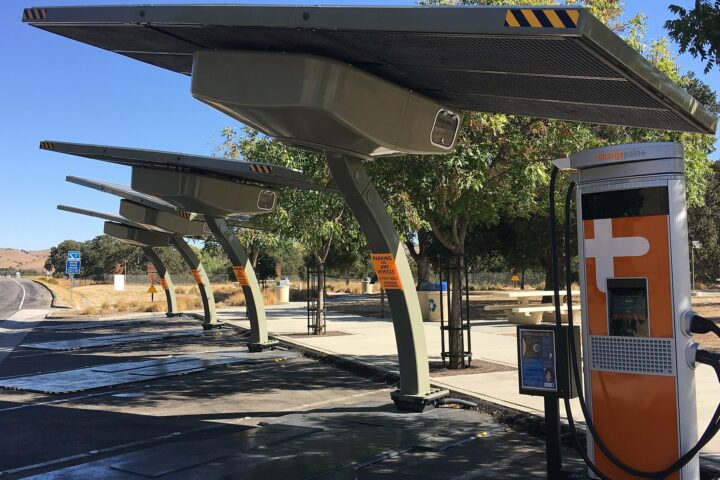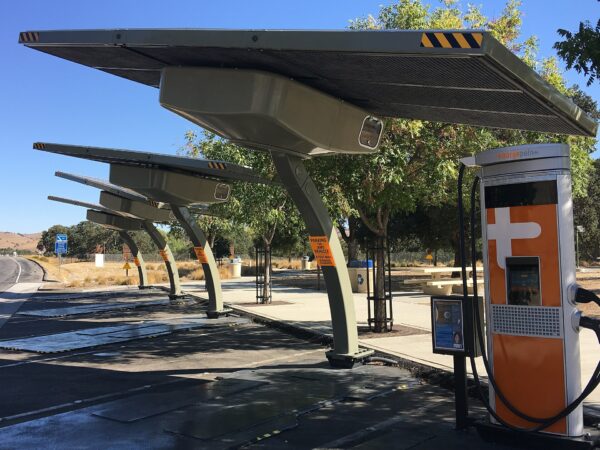Congressional Republicans reportedly approved a sweeping reconciliation bill this week that dramatically reshapes the nation’s energy priorities by ending major subsidies for wind, solar, and hydrogen energy, while preserving and extending incentives for nuclear and geothermal power.
The legislation, passed along party lines in both chambers, is one of the most consequential overhauls of U.S. energy policy in years.
It marks a significant rollback of the clean energy initiatives championed by the Biden administration and embedded in the 2022 Inflation Reduction Act.
Under the new law, solar and wind projects will no longer qualify for federal tax credits after 2027 unless they are already under construction. Hydrogen projects will lose their production credits by the end of this year—five years earlier than previously planned.
Republican lawmakers hailed the measure as a return to what they called a “realistic energy future,” emphasizing reliable power sources over intermittent ones. The bill retains tax credits for nuclear energy, geothermal, hydropower, and long-duration energy storage through 2033, with a gradual phase-out over the following three years.
“It’s time to reward technologies that can keep the lights on 24/7,” said one senior lawmaker during debate on the House floor. “Wind and solar are part of the mix, but we need energy that works when the sun isn’t shining and the wind isn’t blowing.”
The bill avoids new taxes on clean energy projects—a provision considered earlier in negotiations—but its impact is expected to be severe.
Industry analysts and environmental groups warn the rollback could delay or cancel hundreds of renewable energy projects, shift manufacturing to foreign suppliers, and undercut U.S. competitiveness in emerging green sectors.
Critics also raised concerns about rising electricity costs, particularly as data centers and AI infrastructure push energy demand to record levels.
Some consumer groups have warned that utility bills could rise if renewable buildout stalls.
While nuclear and geothermal developers welcomed the long-term clarity offered by the bill, renewable energy advocates described it as a strategic setback.
“This kneecaps the industries that have created the most energy-sector jobs in the past decade,” said one clean energy executive.
The legislation now heads to President Trump’s desk for signing.
The administration is expected to tout the measure as a win for energy independence and national security, setting the stage for a broader campaign to reframe America’s energy strategy around baseload generation and domestic production
[READ MORE: Facebook’s Threads Launches it’s Own Inboxing System]









